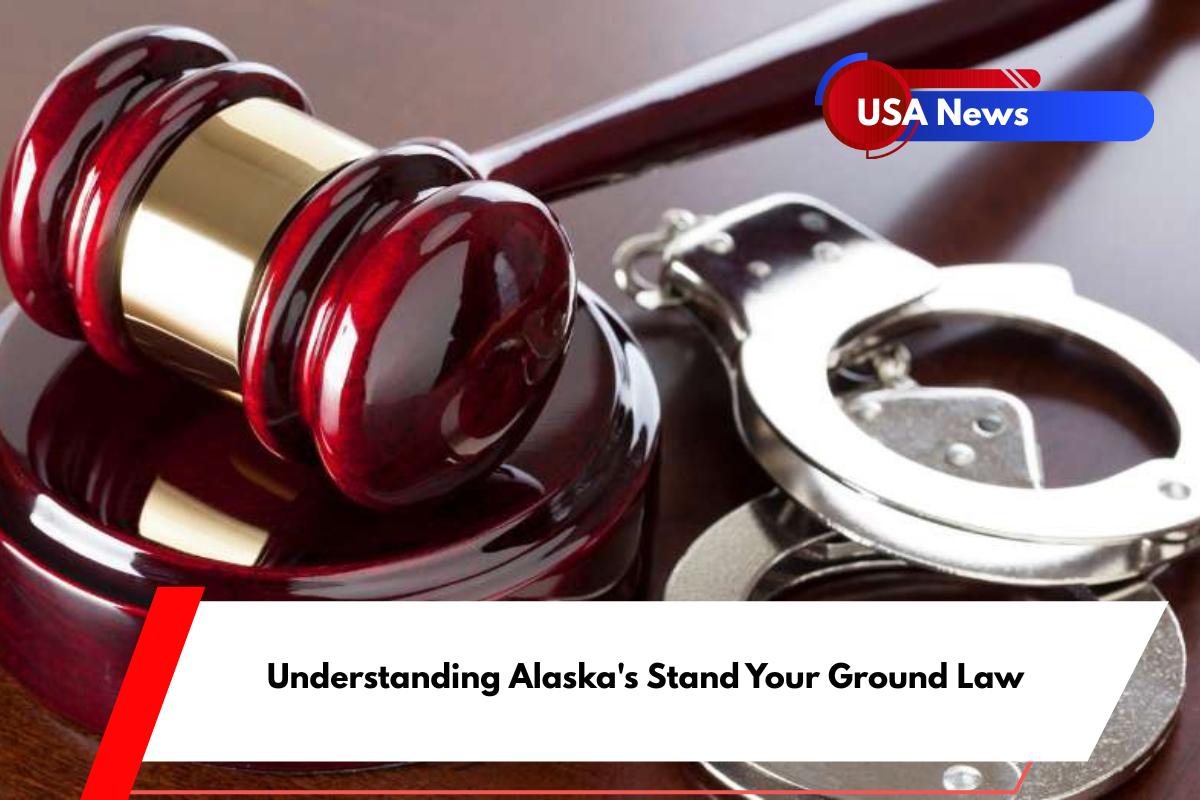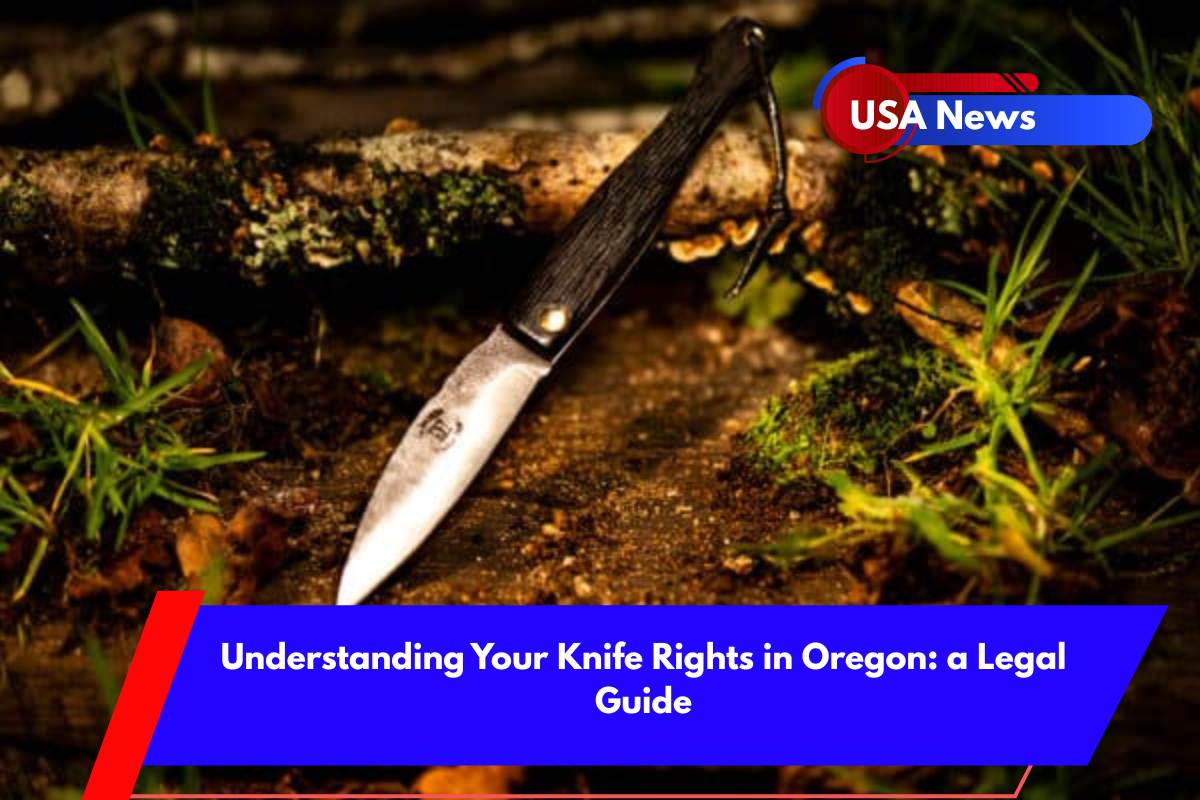Alaska’s self-defense laws are among the most robust in the nation, rooted in both historical context and recent legislative changes. Central to these laws is the principle known as “stand your ground,” which significantly alters the legal landscape for individuals facing threats of violence.
The Basics of Stand Your Ground
A “stand your ground” law, sometimes referred to as a “no duty to retreat” law, allows individuals to use deadly force in self-defense without first attempting to retreat, so long as they are in a place where they have a legal right to be.
This means that if someone reasonably believes they are facing imminent death, serious bodily harm, kidnapping, sexual assault, or robbery, they are not required to try to escape before using force to defend themselves.
Alaska’s stand your ground law was enacted in 2013 and has since become a cornerstone of the state’s approach to self-defense. The law applies to both public and private spaces, removing the traditional common law duty to retreat that once existed outside the home.
How Alaska’s Law Works
Under Alaska law (AS 11.81.335), a person is justified in using deadly force if they reasonably believe it is necessary to defend themselves or another from imminent death, serious physical injury, kidnapping, sexual assault, sexual abuse of a minor, or robbery. The key element is the person’s reasonable belief at the time of the incident—not what might be determined in hindsight.
The law also clarifies that there is no duty to retreat from any place where a person has a legal right to be. This applies to public streets, businesses, parks, and private property. The only exception is if the person is already engaged in illegal activity when the threat arises.
Comparing Stand Your Ground and the Castle Doctrine
While both concepts relate to self-defense, they are not identical:
| Feature | Stand Your Ground Law | Castle Doctrine |
|---|---|---|
| Duty to Retreat | No duty, anywhere lawful | No duty, only in home |
| Location | Anywhere lawful | Home (sometimes workplace) |
| Use of Deadly Force | Permitted if reasonable | Permitted if reasonable |
Alaska’s law combines elements of both, but its stand your ground provision is broader, extending protections beyond the home.
Sources:
1. https://en.wikipedia.org/wiki/Stand-your-ground_law
2. https://www.britannica.com/topic/stand-your-ground-laws
3. https://giffords.org/lawcenter/state-laws/stand-your-ground-in-alaska/













